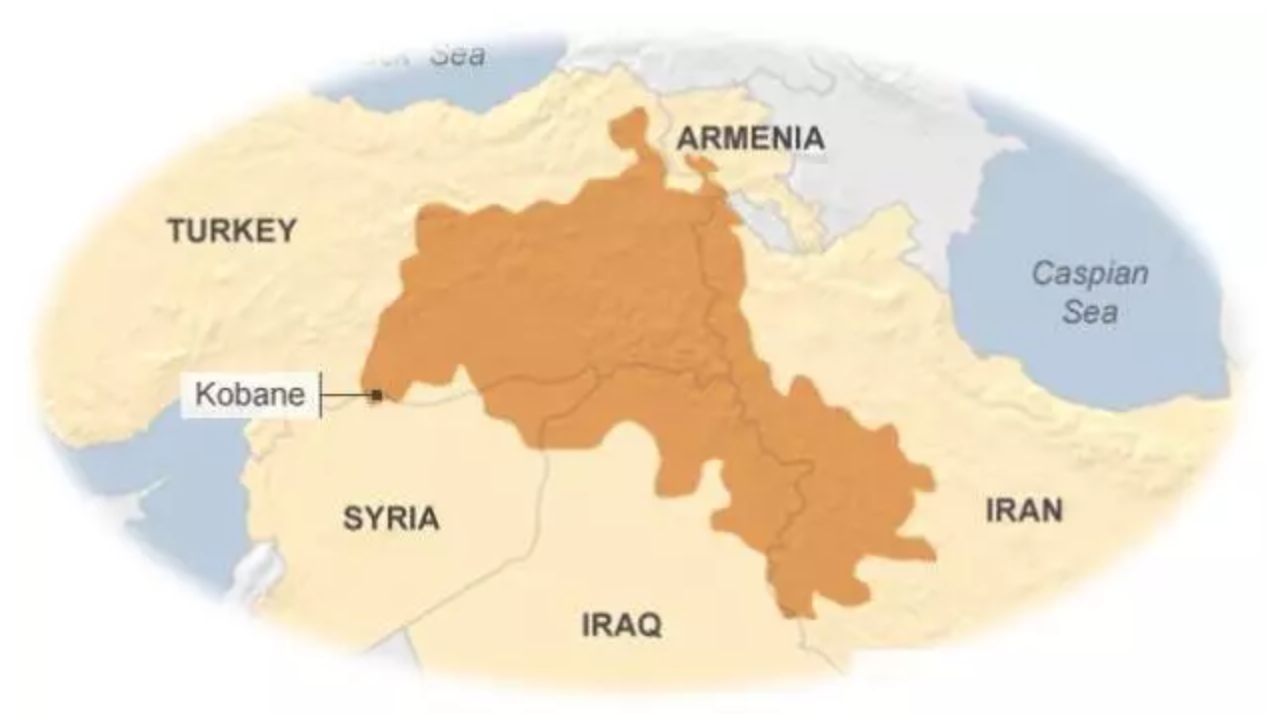The Kurdish Question: A Century Later
Analysing any ethno-nationalist conflict over a long period is a daunting task. This difficulty is multiplied in the Kurdish case because the Kurds are divided among four key Middle Eastern states, have a high capacity both for rebellion and for statehood, having engaged in dozens of armed insurrections in the past century, and have recently become part of an intricate web of regional and global politics.This chapter focuses on the Kurdish question in Turkey, a regional power and home to more than half of the total Kurdish population worldwide. Additionally, Turkey has been locked in a stalemated conflict with the Kurdistan Workers’ Party (Partiya Karkerên Kurdistanê, PKK), arguably the most potent Kurdish insurgent group. An analysis of the Kurdish question in Turkey can thus help illustrate the rise and evolution of the broader Kurdish question in the Middle East, as well as suggest possible avenues to resolving this question.The trans-border nature of the Kurdish question, however, necessitates the argu-ment to expand beyond Turkish–Kurdish relations and address regional as well as intra-Kurdish dynamics over the past century. To do so, as illustrated in Figure 19.1, I draw on a tripartite interactive model of ‘issues’, ‘actors’ and ‘contexts’ to provide a broad theo-retical tool aiming at an extensive synopsis of the continuities and changes in Turkey’s Kurdish question.
https://www.degruyter.com/document/doi/10.1515/9781474492546-022/pdf?licenseType=restricted
